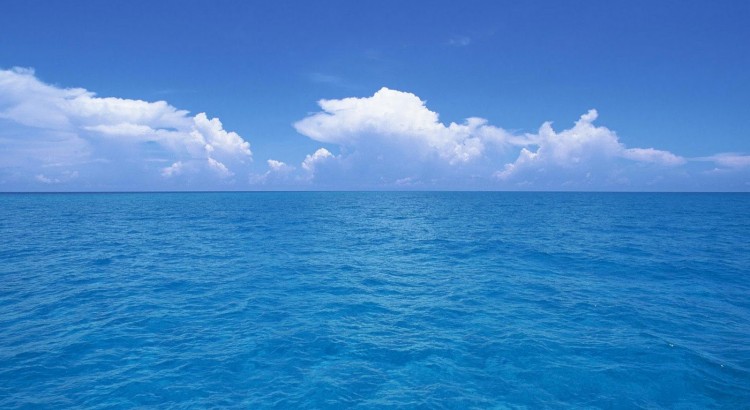On August 26, 2016, President Obama created the largest ocean reserve in the world off the Hawaiian Islands. He did this without the consent of Congress, but simply with the flourish of his signature on a presidential proclamation. His proclamation expanded the Papahanaumokuakea Marine National Monument by over 400,000 square miles (that’s right, miles), increasing the total size of the preserve to 582,578 square miles! This means that this region is now off-limits to commercial fishermen and mineral exploration, which will, in a statement released by the White House, “allow scientists to monitor and explore the impacts of climate change on these fragile ecosystems.”
This action will adversely affect those whose livelihood depends upon fishing or exploring that part of the ocean as well as prices for their products, all in the name of the bogus concept of “climate change”. Furthermore, American citizens who violate this “protection” will be subject to prosecution; but how will this be enforced against foreign fishermen and companies? 582,578 square miles of ocean is a lot of ocean to “rope off!”
The bigger question, though, is does the general government have the constitutional power to make such a land grab (or in this case, ocean grab)? The answer would be a definite ‘NO’! I realize the argument is made utilizing the “Property Clause” in Article IV, Section 3, Clause 2 of the Constitution that Congress has the authority to do as it wishes with federal territory:
“The Congress shall have Power to dispose of and make all needful Rules and Regulations respecting the Territory or other Property belonging to the United States; and nothing in this Constitution shall be so construed as to Prejudice any Claims of the United States, or of any particular State.”
However, this does not address the issue as to whether or not the federal government has the right to this property in the first place. Turning to our Constitution and reading what properties it authorizes the general government to “own” we see that it strictly limits the kinds of property it may constitutionally acquire. Article I Section 8 lists the “enumerated powers” of the general government, and within those powers are given the kinds of properties it may possess: (1) Post offices and post roads, (2) the District of the seat of the government, (3) Forts, (4) Magazines, (5) Arsenals, (6) Dockyards, and (7) other “needful” buildings. All of these properties were to be purchased by the general government upon the consent of legislature of the state from which the property was to be acquired. The Union of the States did acquire property by other means, namely purchasing land from foreign countries (e.g., the “Louisiana Purchase”, Alaska) or as a result of war (Arizona, New Mexico, California, etc). However, once these territories were divided into states, those states became as much a sovereign entity as the original thirteen.
Nowhere in those enumerated properties will you find national parks, preserves, etc authorized. So for President Obama to annex such a huge swath of ocean to the control of the general government is an act outside the bounds of his constitutional authority. As former Hawaiian governor George Ariyoshi (a Democrat by the way) stated in July at a rally regarding ownership of the ocean, “The ocean belongs to us. We ought to be the ones who decide what kind of use to make of the ocean” – a statement echoing the words of the ninth and tenth amendments:
“ The enumeration in the Constitution, of certain rights, shall not be construed to deny or disparage others retained by the people.”
“ The powers not delegated to the United States by the Constitution, nor prohibited by it to the states, are reserved to the states respectively, or to the people.”
So remember – if a president or group of legislators can with the stroke of a pen or passage of a piece of legislation seize control of 400,000 square miles of ocean that it has no constitutional right to, what can they do regarding your and my property? This is precisely why we have a constitution to limit the power of government; it’s time we returned to it.
-September 2, 2016
